Separated at birth
The impact of poor access to mental healthcare during pregnancy
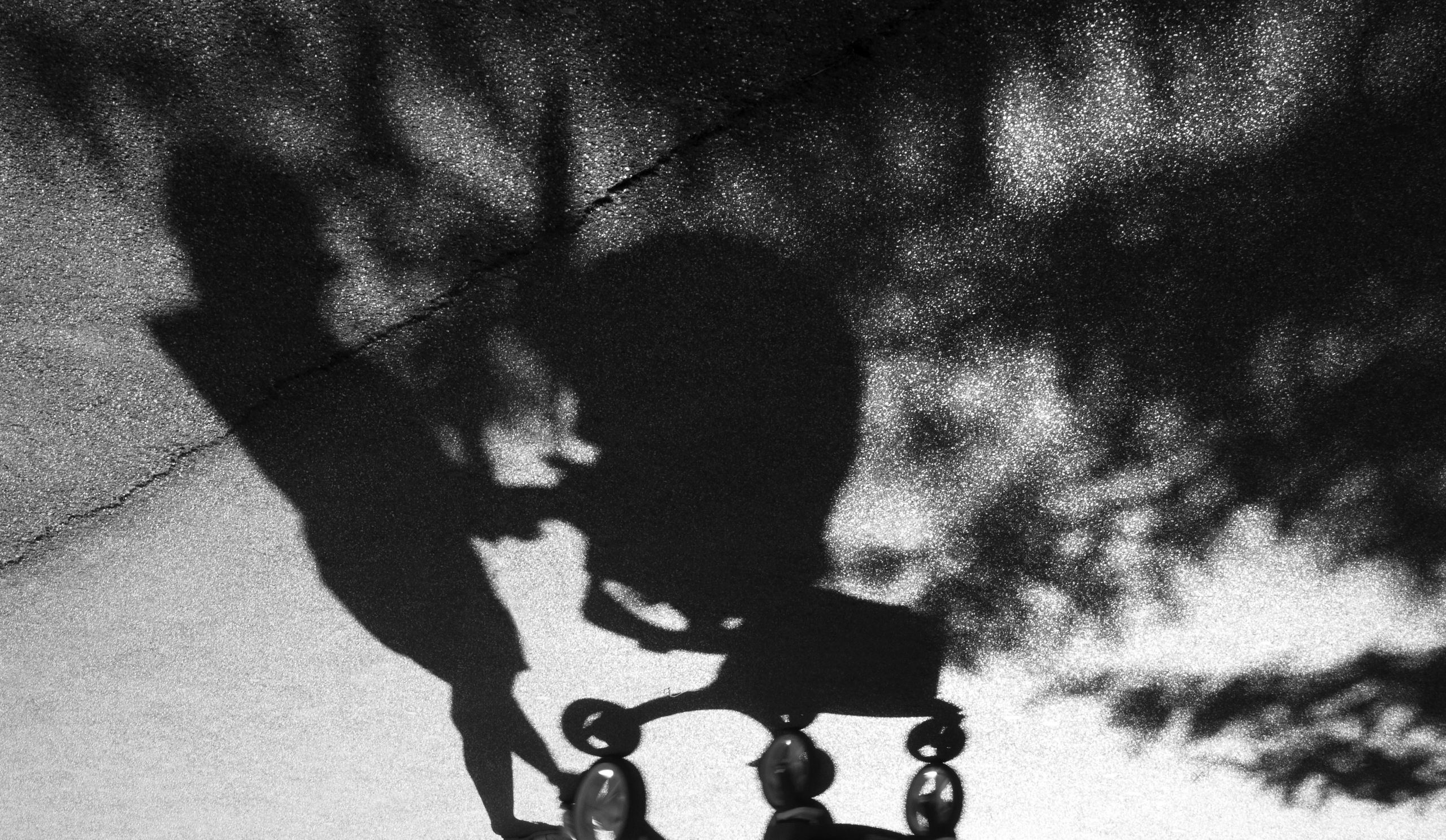
‘She fed off to sleep on my boob, peaceful and innocent. You’ve seen how blonde she is. This golden fuzz and these big blue eyes. Tiny, perfect, little. I took a photograph of her like that. I didn’t know if I was ever going to see her again.’
Carrie Adams*, a junior doctor in her thirties, is recalling the evening her baby was taken away, a day after a caesarean-section operation, from a post-natal ward in an NHS hospital we cannot name, for legal reasons. It’s where she was sat when confronted by a police officer in a tactical vest, a social worker, midwife and psychiatrist.
‘I just started to cry because I knew why they were there. There was no other reason. My mum said, “what’s going on?” I said, they’ve come to take Evie*.’
Tears fall once more as she recalls that afternoon, in her living room, during an interview earlier this year, cradling her second, a son, jogging him gently to sleep, in his Tigger trousers. His fingers reach up, curling into her mouth.
‘Sometimes I cry when I talk about this stuff and that’s fine,’ she says, teasing the fingertips out. ‘The story needs to be told. I want it to be told.’
Unanswered questions
Cards celebrating his arrival line the living room. There’s family and baby photos, paper plates, crayoned and stuck with stickers, across the walls. A playmat on the floor, toys standing guard on a window sill, overlooking the street. One, an orangey, unlikely dinosaur, bares its plastic pin teeth towards us. Dr Adams’ mum brings tea and biscuits and takes Evie downstairs so the adults can talk.
Despite years of turning events over in her mind, she is still unclear why Evie was taken away; questions about her treatment remain unanswered. She’s waived her right to confidentiality, allowing her psychiatrist to talk about her care; given permission for the release of court papers.

Dr Adams recognises that her mental ill health was severe around the time of her daughter’s birth but says she was never warned Evie might be removed. Why? The NHS was unwilling to offer a bed in an MBU (mother and baby unit), where Evie could stay with her. Why not?
She had sought legal advice when social workers raised ‘concerns’, days before her due date. She thought she had agreed a plan: to be supported on a post-natal ward before taking her first child home. She had bought a ‘my first Christmas’ sleepsuit. What happened? What changed?
It’s impossible to pin down precisely the events and decisions leading to Evie’s removal. Family-court proceedings are held in secret and remain so, unless a judge decides otherwise (we applied for a court order for papers in April; a hearing is scheduled for July). BMA News has, however, pieced together enough evidence to suggest her treatment fell short.
New specialty
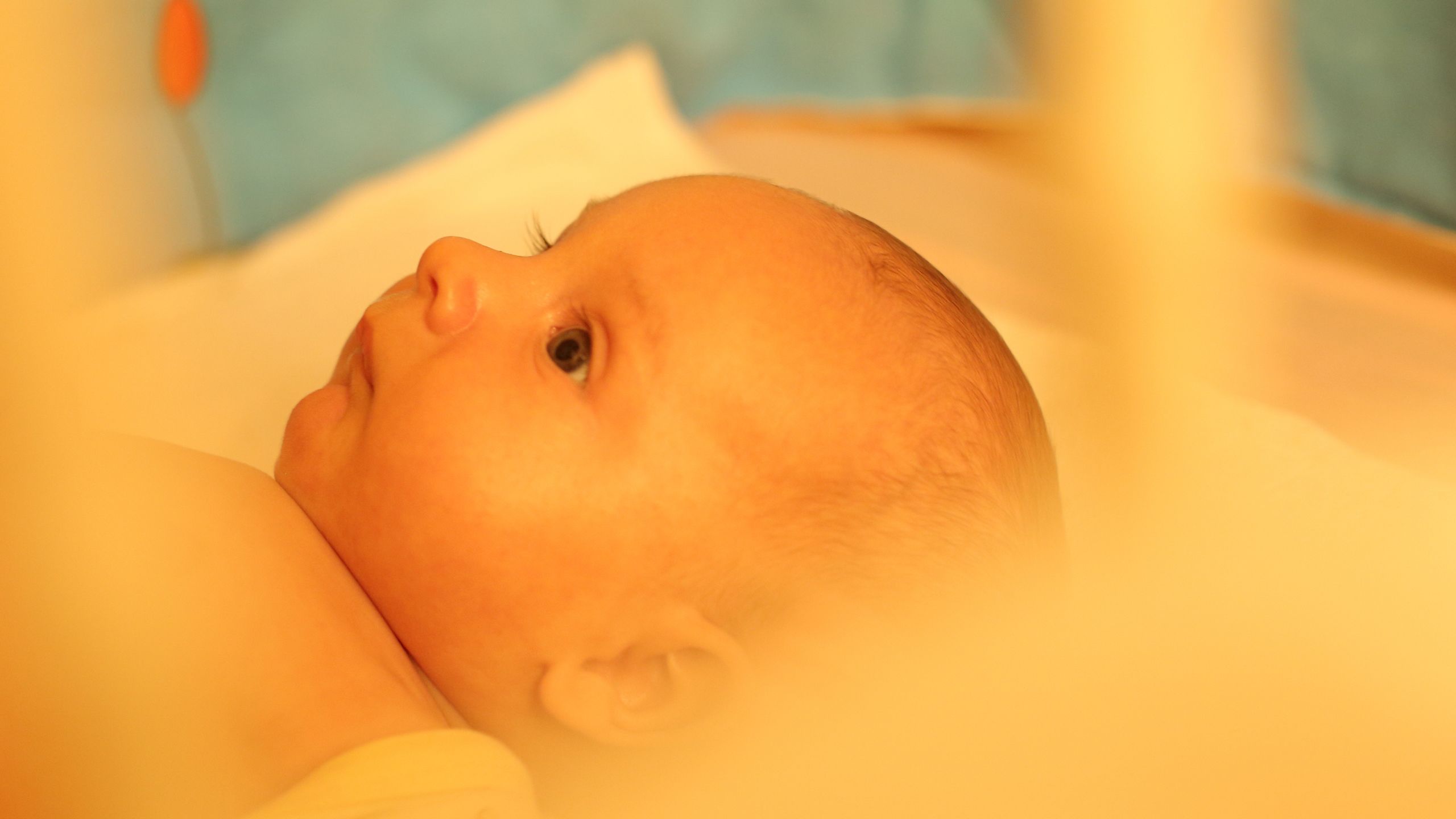
Professionals in perinatal mental health, the relatively new specialty for women with mental ill health before and after pregnancy, say that however traumatic and extreme her case, other women face similar situations ‘painfully often’, despite their best efforts to intervene. Perinatal mental health in the NHS is improving from its previous poor state, as money filters down from £365m pledged for England in 2016. New services are being set up; old ones expanded.
Thousands more women are being helped and economists claim the investment is sound. Mental ill health in pregnancy and motherhood costs the NHS in the UK £1.2bn a year, the Centre for Mental Health and the London School of Economics found in 2014. But the NHS is just one service with which pregnant woman with mental ill health come into contact. Social services and family courts are among others and have suffered from austerity cuts and relentless rises in demand.
Decisions about taking children into care, made under such pressure, have become highly politicised too, as ministers ladle blame when children die from abuse.
There’s difficulty accessing services in the wider NHS too.
Lack of access to talking therapies is one. It is identified as a ‘consistent theme’ in interviews with dozens of women whose children were removed by the courts, in a recent Nuffield Foundation-funded study. Some were driven to ‘desperate acts’ of suicide and self-harm in fruitless efforts to hit treatment thresholds, report author and Lancaster University professor of social work Karen Broadhurst says.
Life decisions
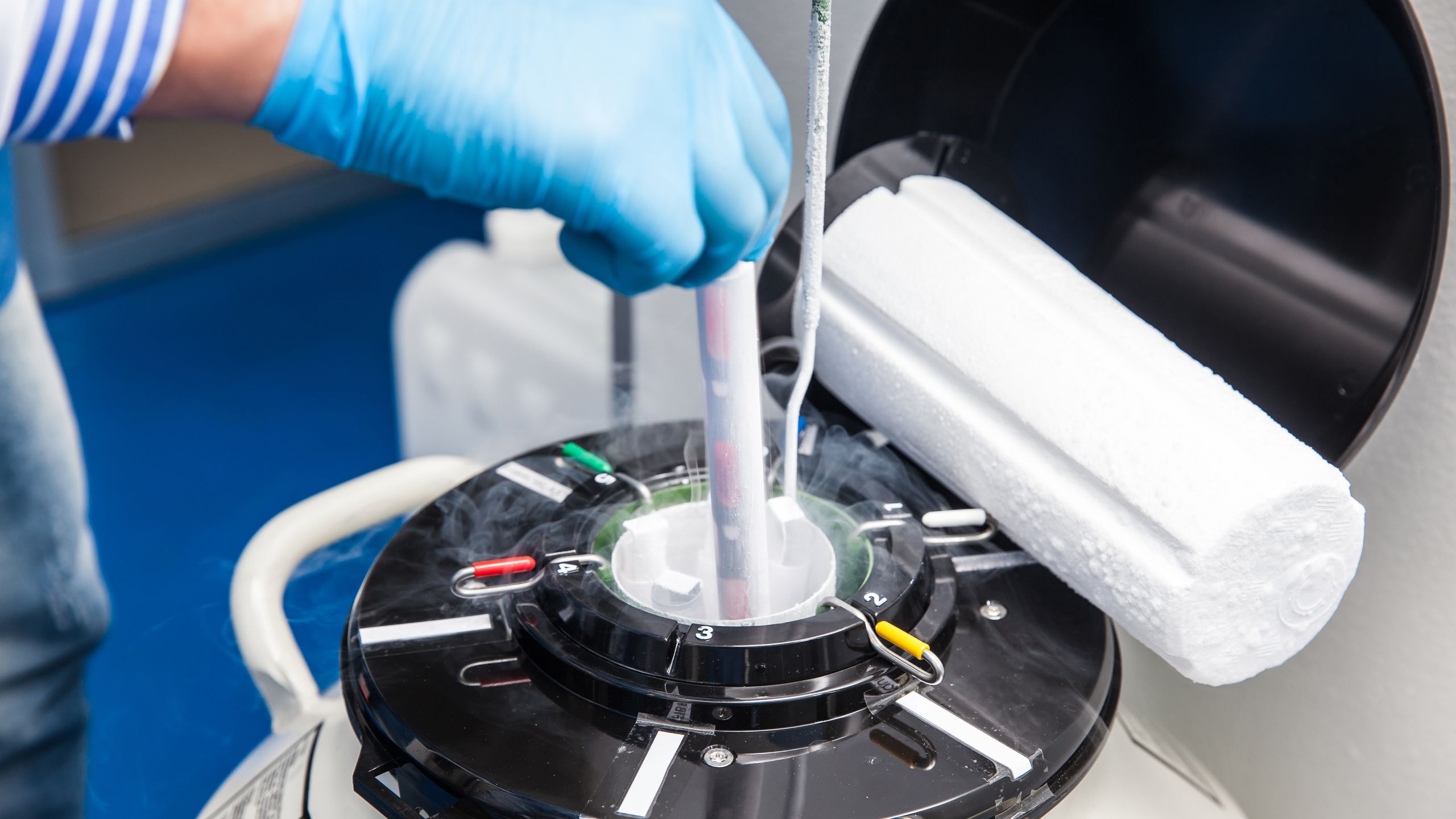
It was in this world that Dr Adams finally fell pregnant with IVF, using donor sperm. ‘I always wanted to be a mum,’ she says. ‘I always thought I would meet the one, fall in love and have kids. It would all be great. But that never happened for me.’
Dr Adams has had anxiety and depression since a teenager, later developing OCD (obsessive compulsive disorder), which worsened in her years as a junior doctor. She washed her hands ‘ridiculously often’ after touching ‘unclean’ things, until they cracked and bled. One friend, a GP, recalls her using napkins to pick things up. ‘I thought about her changing nappies, but it was never an issue.’
She sought psychiatric help before IVF but referrals were bounced back. Her letters and emails to the NHS and her MP, describing the ‘cruel and illogical’ refusals, led to further rejections, according to the yellowing print-outs she shared.
'I thought about her changing nappies but it was never an issue'
One treatment for OCD, cognitive behavioural therapy, is largely offered through the IAPT (Increasing Access to Psychological Therapies) service. But Dr Adams’ condition was of a complex kind it was ‘not equipped to deal with’, she says. ‘I was bounced through a few IAPT teams.’
Similar stories were told to the Nuffield Foundation study researchers. ‘They kept putting me to IAPT, to different places,’ one mother, with the pseudonym, Lisa, said. ‘I was screaming down the phone please help me! This is about my children. And they were like no, you don’t fit.’ Maternal OCD, a charity, is contacted weekly by mothers on ‘ridiculously long’ waiting lists, says its co-founder Maria Bavetta. It offers peer support while they wait.
Time running out
Dr Adams knows some will consider her ‘terribly irresponsible’ for going through IVF when mentally ill. But she’d been told her ovarian reserve had fallen to ‘the low side’. She didn’t mention her condition to the clinic, believing it treatable. ‘If I waited around to get help from the NHS it may have been too late to have this family,’ she says.
In pregnancy, she redoubled her efforts to get help. She speaks of ‘moments of despair’ and ‘laying it on with a trowel’, admitting to suicidal thoughts to get treatment. ‘My fear going through pregnancy wasn’t that they would take the baby away, my fear was the help wouldn’t be there,’ she says.
'The case was complex because of the severity of psychiatric problems'
She was seen by a clinical psychologist some months in. But by then a fast-acting treatment, ‘flooding’, was ruled out for fear it would ‘destabilise’ her in pregnancy, Dr Adams says. (Flooding involves exposure to people's most-feared phobias. ‘It’s like putting people in a bucket of shit,’ one therapist, specialising in OCD, says. ‘If you’re pregnant, you don’t go around touching chicken.’)
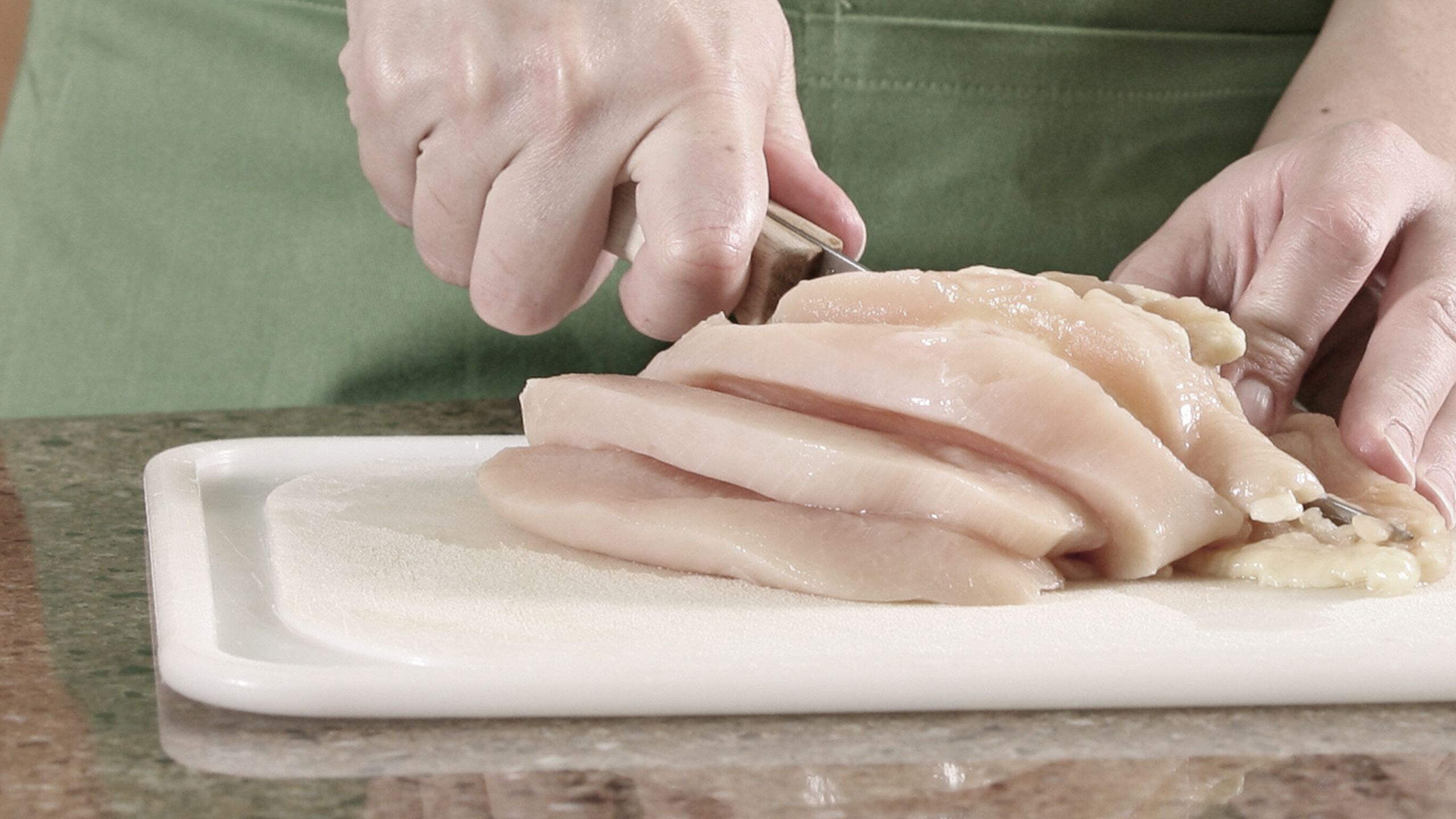
She says she was upfront with her GP about her mental ill health, spoke to a perinatal midwife ‘fairly early on’ but had just one appointment with her perinatal psychiatrist. Her perinatal psychiatrist says the single visit was ‘because of a number of factors, including that she presented late in pregnancy’.
‘The case was complex and unusual for a number of reasons, including the severity of the psychiatric problems,’ they added.
Fit for purpose
Life then just chugged on, Dr Adams says. ‘I was focused on keeping my hands as intact as possible and eating as well as possible because that was difficult as well.’ Her trouble picking things up left her townhouse ‘cluttered’. Friends came round throughout the pregnancy but none could attest to its readiness immediately before Evie’s birth.
Did you see the house in an acceptable state before she was born?
‘I want to say yes …’ responds one of Dr Adams’ friends, a paediatric registrar.
House proud
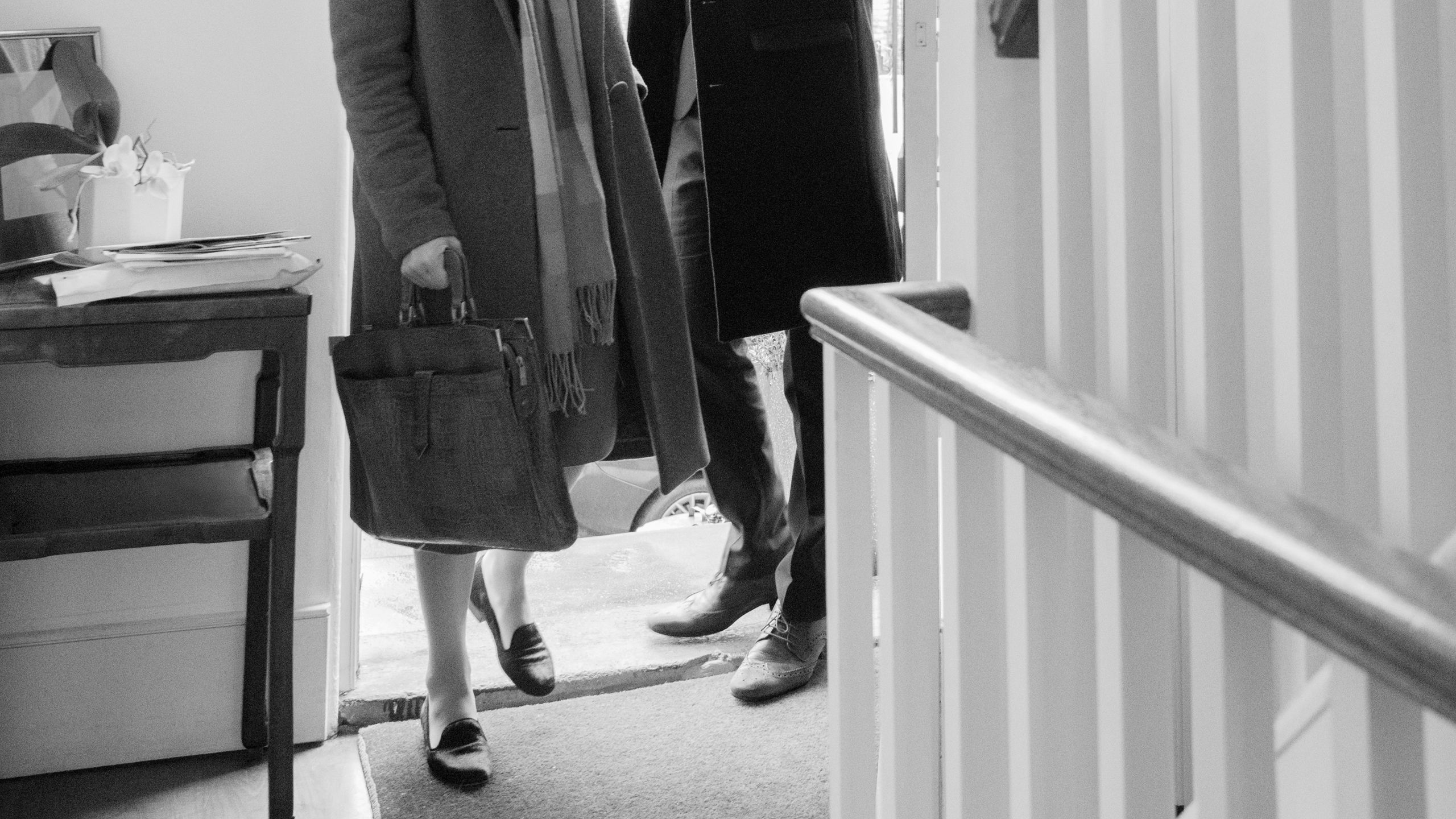
She stops, looks to her phone, swiping and tapping up email and text messages exchanges from the weeks before the birth.
‘16 December … two social workers turned up to her doorstep. People had concerns … she would spend four weeks in the MBU for parenting assessment … the consultant psychiatrist would come and talk to her …’
Another email, 18 December: ‘They set a date for elective caesarean section … the specialist midwife agreed she would be staying on the ward for three days … MBU only needed if the psychiatrist agreed.’
The house became 'very, very, very fit for a baby'
An old rota, found on her phone, confirms she was on nights when Evie was born. ‘I did a baby check on Evie after my shift, a rough one. It was normal,’ she says and smiles.
She finds an exchange from after Evie’s birth: ‘Oh, she’s still tidying the house.’ (The house became ‘very, very, very fit for a baby’ weeks afterwards, she says later).
Were you surprised she was taken away? She sits back. ‘I was shocked. But from a professional point of view, when you see how strapped social services are … with everything happening in the media, they have to make a snap decision. In their mind …’
She taps out on the table: ‘The safest, thing, to do … is to take the child out of a potentially dangerous situation and put them into a safe situation.’
Christmas time

Dr Adams says she was reluctant to spend Christmas in hospital but would have done so on the advice of her psychiatrist. She contacted their secretary, was promised a call back; it never came, she says. Her perinatal psychiatrist doesn’t recall being contacted but says staff in the clinic, ‘would have been involved in any query’.
Dr Adams was not offered a bed ‘for a number of reasons, which in our professional assessment meant that an admission to the MBU would not be beneficial’. Social services had approached days before delivery after receiving ‘information raising serious concerns’ about her ability to parent.
Decisions in such cases weighed up ‘all known assessments’, they add. ‘Considerations are made in the interests of the welfare of the child which is paramount.’
'I just wanted to fight through the courts to get my child back'
After Evie was removed, doctors tried to detain Dr Adams under a Mental Health Act section, she says. They asked her to become a voluntary patient on a psychiatric unit.
‘I knew what most acute psychiatric wards are like,’ she says. ‘A bed where you can get one, mostly men, most acutely psychotic. The least therapeutic place you can imagine.’ She was to stay overnight on the post-natal ward, discharged the next day.
‘I just wanted to go home, get a lawyer, and fight through the courts to get my child back.’ She returned home to ‘all the baby stuff’.
‘I had the scar on my abdomen, I was bleeding, my boobs were sore, dripping with milk.’ And so began nine months of hearings, assessments, and ‘contact meetings’ where she could hold Evie briefly, take photos for home, try to prove to social workers and a judge that she could parent. The prolonged separation was ‘psychological torture’, she says.
‘By six months, I could have gone outside and howled at the moon. The house was fine and I now had support from my parents.’ But there was no help from perinatal or social care. Attempts, through her lawyer, to be reunited with Evie in an MBU elsewhere in the NHS failed. Cost was an issue. (NHS units do offer ‘parenting assessments’ in MBUs but they cost and the bill goes to social services.)
Coping well
Evie’s removal took an obvious toll on her mother, though her friends say she coped well. ‘They expect you to keep the house as you would for a child,’ Dr Adams says. ‘It’s understandable. On the other hand, you’re walking around Mothercare surrounded by pregnant women and women pushing prams.’
Official assessments of her mental health for the courts cannot be shared. But friends noted improvements. ‘End of January, she was getting out more,’ her friend reads from her phone. ‘Beginning of February, still expressing milk; upset she couldn’t breastfeed … An offer to cook on 14 April, a massive change for Carrie … we shared a pizza and dessert in September.’
By October Evie was back home for good with her mum and grandma. You’d hope the awfulness of Dr Adams’ experience was extremely rare. But it’s not. More beds and MBUs are needed, there’s still poor access to talking therapies, prejudice and ignorance about women with acute and severe mental illness and how very treatable these episodes are.
‘It’s a common, utterly tragic and nonsensical situation,’ says perinatal consultant psychiatrist Alain Gregoire, chair of the MMHA (Maternal Mental Health Alliance). There are too few perinatal psychiatrists to provide expert evidence for courts, he adds. The threshold for removal is rightly high but judges face ‘fundamentally difficult decisions’.
‘They are obliged to make black-and-white decisions in what is essentially a grey area when too little has been done too late to treat and support parents struggling with mental health problems.’
Stay together
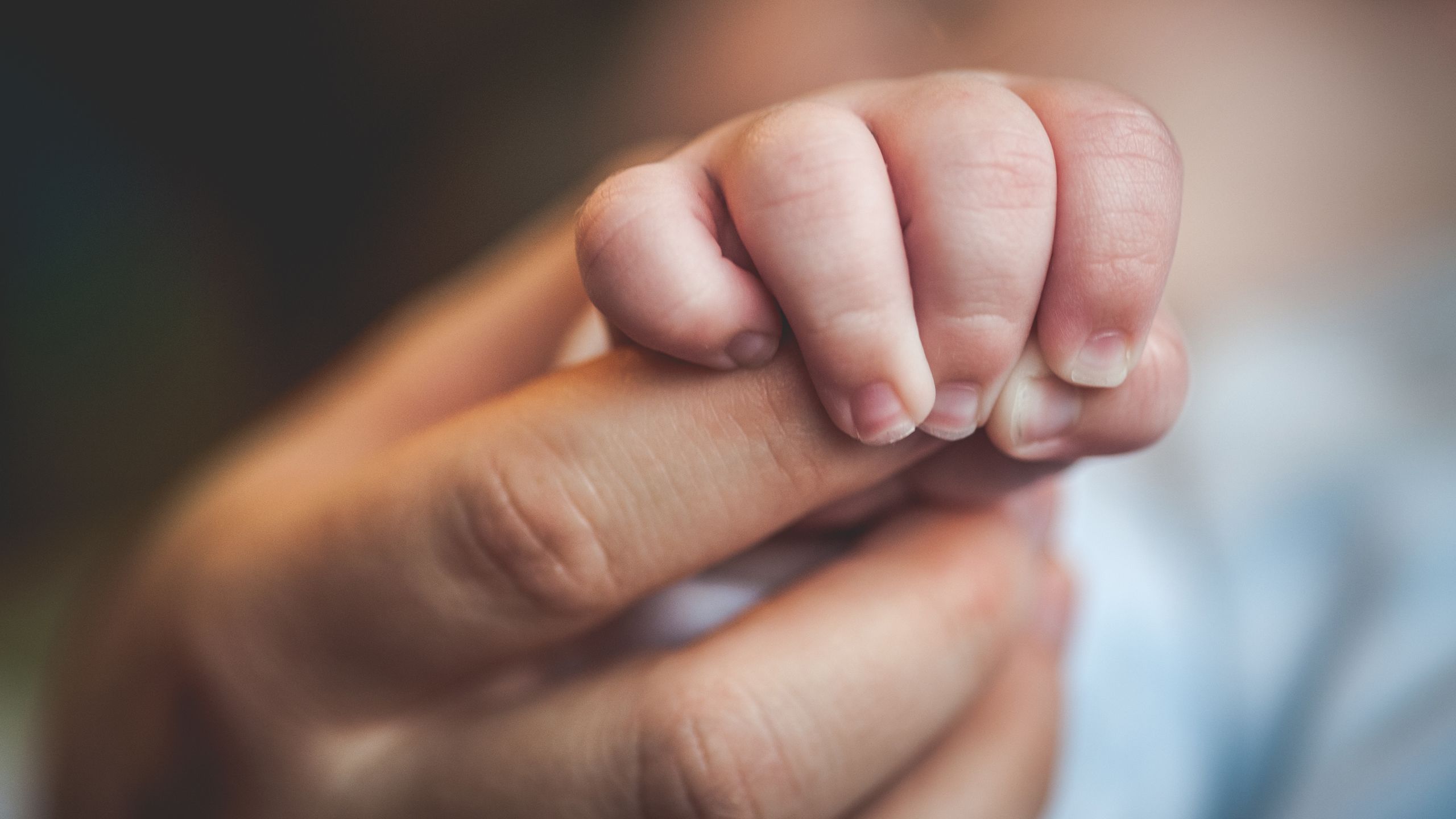
South London and Maudsley NHS Foundation Trust consultant perinatal psychiatrist Trudi Seneviratne has seen seven attempts in the past six months to remove babies from mothers who should have been admitted. As chair of the Royal College of Psychiatrists' perinatal faculty, she wants to explore the horror of unnecessary removals.
She talks of one case, of a woman with OCD: ‘The local authority involved were panicked. There was talk of separation at birth, but we said, no. She should come to our unit. She had the baby, came to the unit and had a good three to four months of treatment. We see lots of people like this. It’s not uncommon.’
Jackie Davies, a children and families social worker who works with Dr Seneviratne at the Maudsley, spends much time explaining the unit’s role to anxious local authorities, advocating for mothers when appropriate. Other times, she may need to ask for families or councils to move babies off the unit ‘if the safeguarding risks are considered too high and it is not felt to be in a baby’s best interests’ to remain there. Not all hospitals have a social worker service.
Unfair dismissal
Dr Adams’ friend, the paediatrician, says her treatment is evidence of prejudice against mental ill health. She’s seen strenuous efforts at work to keep mothers with alcohol and drug addictions with their babies. ‘There was ill health, it just wasn’t ill health we’re really comfortable with,’ she says. ‘It was a difficult case but the easy option, the wrong option, was to react and say, we’re just going to take the child into care.’
Her perinatal psychiatrist points to one lesson learned from the case. As in many areas since Evie was removed, theirs has since established a new specialist perinatal community mental health team. This supports patients ‘in pregnancy and the postnatal period as long as they need it’, outside of hospitals and their MBUs. Would it have made a difference?
It’s all too late for Dr Adams, anyway, and much of the UK still lacks such services. Despite recent improvements in England and Wales, there remain no specialist services or just ‘basic’ ones in many areas, according to a map compiled by the MMHA this year. More are on their way. But funding will not be protected from next year. Services must therefore be closely monitored, according to Lost in Transit, a BMA analysis of mental health funding.
Home coming
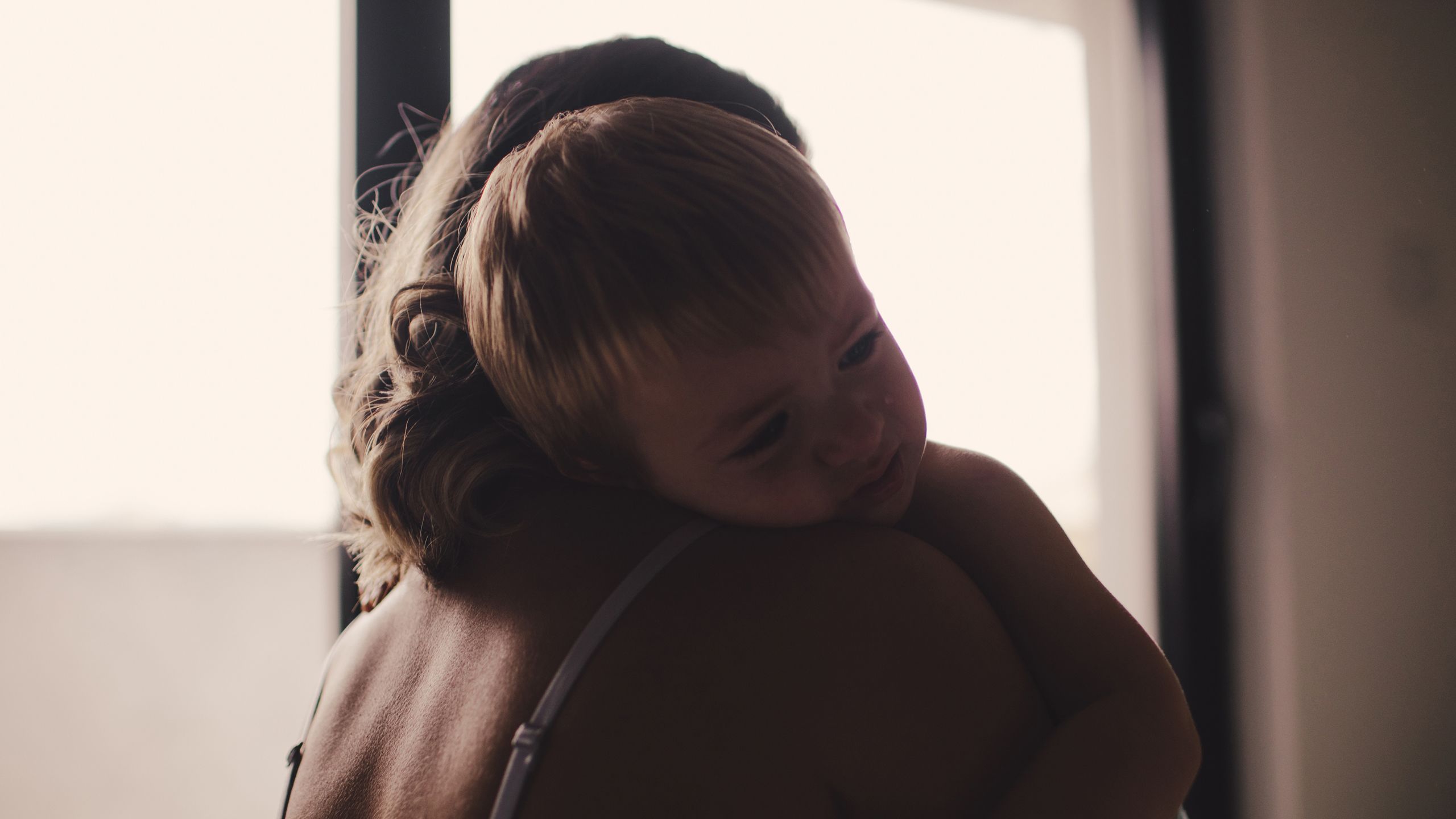
Towards the end of our interview, one with many moving moments, Dr Adams, speaks of Evie’s return. It feels like a happy ending is here. But it doesn’t arrive. ‘It doesn’t magically all become all right when they’re home,’ she says. ‘You’re traumatised; you’ve nearly lost them. You’ve had nine months with people telling you you’re the shittest mother, you don’t deserve to have a baby, then they plonk her in your arms and fuck off.’
She took months of unpaid leave to recover, her maternity allowance all spent in the court battle. Then, back to work part-time, amid ubiquitous reminders of childbirth in the NHS. Her boss was understanding, her workmates unaware of what she had been through.
‘But I was speaking to midwives. People were showing pictures of their grandchildren, their newly born children. I was regularly having to lock myself in the toilets to cry. I still do sometimes.’
'I have no faith in the courts, no faith in the police, no faith in social services, no faith in NHS workers'
Several years down the line, she’s still not OK.
‘Nothing can put it right and undo it. It’s just pain, you’re just in pain for what happened and what shouldn’t have happened.' She is still upset, angry, has lost confidence in the public service she works for.
‘I would like to set fire to my passport. I have no faith in the courts, no faith in the police, no faith in social services, no faith in NHS workers.’ She paid a private midwife through her second pregnancy. She hopes lessons are learned from her awful experience to help others – that others will not suffer her trauma and will get support from the NHS and council workers she once trusted.
And then, Evie arrives – or almost. ‘I see a little door opening, is it a little mouse? Or quite a big mouse?’ her mum asks. ‘I was going to find the stickers, I ripped them out the magazine,’ the reply.
‘Grandma can find things, but she can’t quite find everything.’ Grandma arrives to clear the cups and plates as Evie finds a shiny square on the playmat to jump on. It shimmers in the light, puddle-like. ‘It’s raining inside, it’s raining inside,’ she hollers, between fits of giggles and leaps, ‘it’s raining inside’.
* Names have been changed and images are stock pictures posed by models.
Journalist Keith Cooper
Subeditor Chris Patterson
Designer Tim Grant

